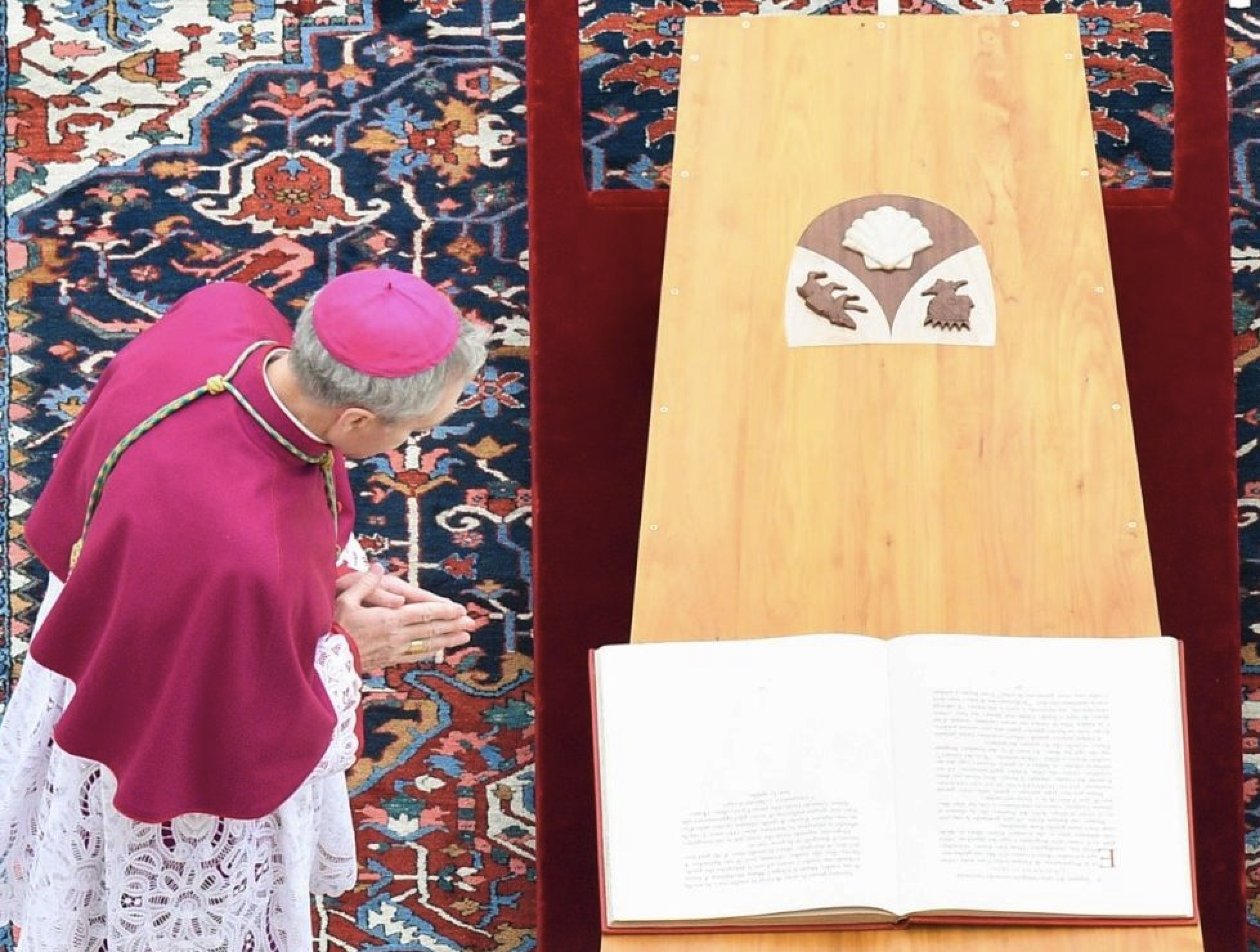With a nod to digital life, Merriam-Webster has expanded its "influencer" definition to include a "person who is able to generate interest in something (such as a consumer product) by posting about it on social media."
Pope Leo XIV didn't use that term in his latest remarks on faith in the Internet age, even while addressing the recent Vatican Jubilee for Digital Missionaries and Influencers.
"Today, we are in a culture where the technological dimension is present in almost everything, especially as the widespread adoption of artificial intelligence will mark a new era in the lives of individuals and society as a whole," the pope told more than 1,000 "content creators," from 70 nations.
"We have a duty to work together to develop a way of thinking, to develop a language, of our time, that gives voice to Love" -- with a divine uppercase "L" in his text. "It is not simply a matter of generating content, but of creating an encounter of hearts. This will entail seeking out those who suffer, those who need to know the Lord, so that they may heal their wounds, get back on their feet and find meaning in their lives."
The pope, who studied mathematics as an undergraduate, warned Catholic "influencers" about temptations they should avoid, such as the "logic of division and polarization," "individualism and egocentrism," "fake news" and "frivolity."
The church, he noted, has "never remained passive" when facing cultural change, but strives to separate "good from evil and what was good from what needed to be changed, transformed and purified."
Meanwhile, journalists spotted modern trends while surfing the online work of many participants. The Daily Mail headline proclaimed: "Christianity is sexy now! How 'hot priest' influencers are drawing young people to the church in their droves." The Telegraph went further: "Vatican turns to 'hot priests' to spread faith -- Social media seen as means to ensure survival of a church suffering from declining numbers."
Hooks for the coverage included an Italian "bodybuilder priest" on Instagram, whose bulging biceps are covered with tattoos. Other "influencer" priests offered digital followers content about their poetry, workouts, guitar skills, cycling trips and adventures with pets, as well as sermons and Bible studies.










